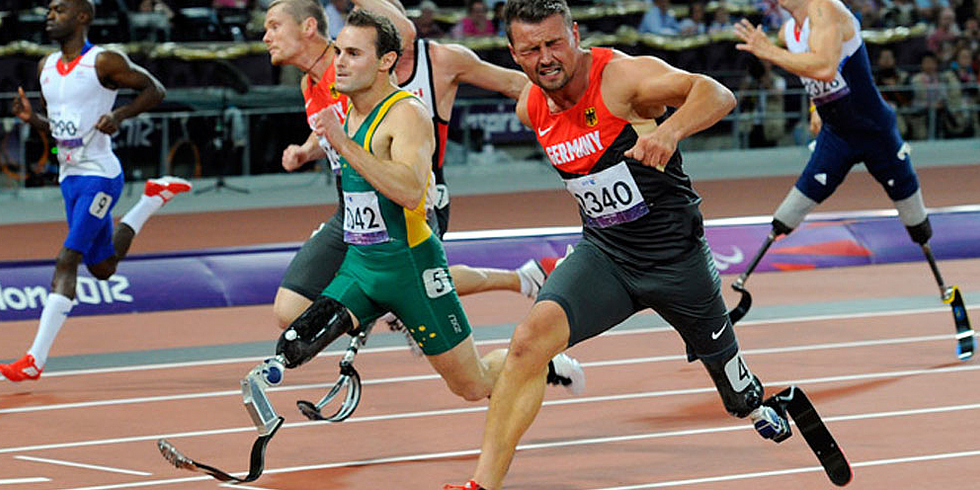Innovative ideas meet know how, capital and contacts
Young growth-orientated startups with innovative ideas benefit from the know how, the capital and the contacts of Berlin’s established companies from other technology fields. With the credo of “Old meets New Economy”, Berlin has long overtaken other European cities with regard to cooperation between startups and major corporations. With formats such as “Speed Dating”, “Matchmaking” and “Zukunftslunch”, the Senate Department for Economics, Technology and Research / Projekt Zukunft, too, has been fostering the liaison between established companies and young startups since 2014. In Berlin the aim is to create synergies and develop joint business ideas.
“Start-up meets Grown-up”, the current initiative of the Berlin Partner business development, is linked directly to this aim. In the frame of this initiative, established companies and startups will be given the opportunity to learn and benefit from each other.
Old meets New Economy: Ottobock meets botspot
An example par excellence for the successful integration between fresh entrepreneurial spirit and an established, traditional company is the cooperation between Ottobock – a manufacturer of sophisticated medical prostheses – and the startup “botspot”.
With its “botscan”, the first standard 3D full body scanner worldwide, human beings can be digitised within a very short time. With the photogrammetry technique, even movements can be captured precisely. Ottobock now takes advantage of this technological possibility for the treatment of missing extremities. As a result of the cooperation between botspot and Ottobock, prostheses can be adjusted adequately and individually to patients.
With botspot’s scanner technology, the data collection for the individual adjustment of prostheses to patients can be accelerated and thus the manufacturing of prostheses can be improved with the help of digitisation, botspot CEO Manfred Ostermeier says.
“We are all extremely excited about the botspot technology,” explains Elisabeth Quack, head of management at the Ottobock Science Center in Berlin. Using the digital scanners, the measurements for prosthesis connection can be determined in a repeatable and faster way for the residual limb. Another aim is to then produce an individual prosthetic device using the created data about the additive manufacturing, i.e. with 3D printing. With this method, i. a. analogue materials such as plaster would become superfluous in the manufacturing. A first successful test has already been carried out: For a customer, who is lacking a lower arm, a prosthesis has been produced on the basis of the botspot scan.
In the future, both companies want to keep up the collaboration for the new scanning process and further develop patient-friendly scanning methods for technical orthopaedics. Co-founder Thomas Strenger defines botspot’s aims as follows: “The challenge will be to automate the process in a way that the prostheses workshop only needs to enter the data into a 3D printer, in order to produce the best possible connection for the corresponding prostheses.”
“In this regard, we definitely have a competitive advantage by being in close contact with the creative scene in the heart of the capital. Together with the startups, we can promote the innovation strength of our company,” says Elisabeth Quack, summarising the advantages of the collaboration in the Science Center Berlin.
Further information on the “Old meets New Economy” formats of the Senate Department for Economics, Technology and Research / Projekt Zukunft
Projekt Zukunft brings together established companies and young startups. According to the motto “Old meets New Economy”, the state initiative is launching a series of formats, in which experiences and know how are exchanged and possible business ideas are created. Among those are own matchmaking formats as well as speed dating events during industry meets, but also events such as “Zukunftslunch”. With personal meetings, the innovation strength of startups is connected to the implementation power, the know how, the capital and the contacts of established companies. They strengthen the cross-sectoral exchange and the capacity for innovation in Berlin.
Contact
Tanja Mühlhans
Leitung Kreativ- und Medienwirtschaft, Digitalwirtschaft, Projekt Zukunft


